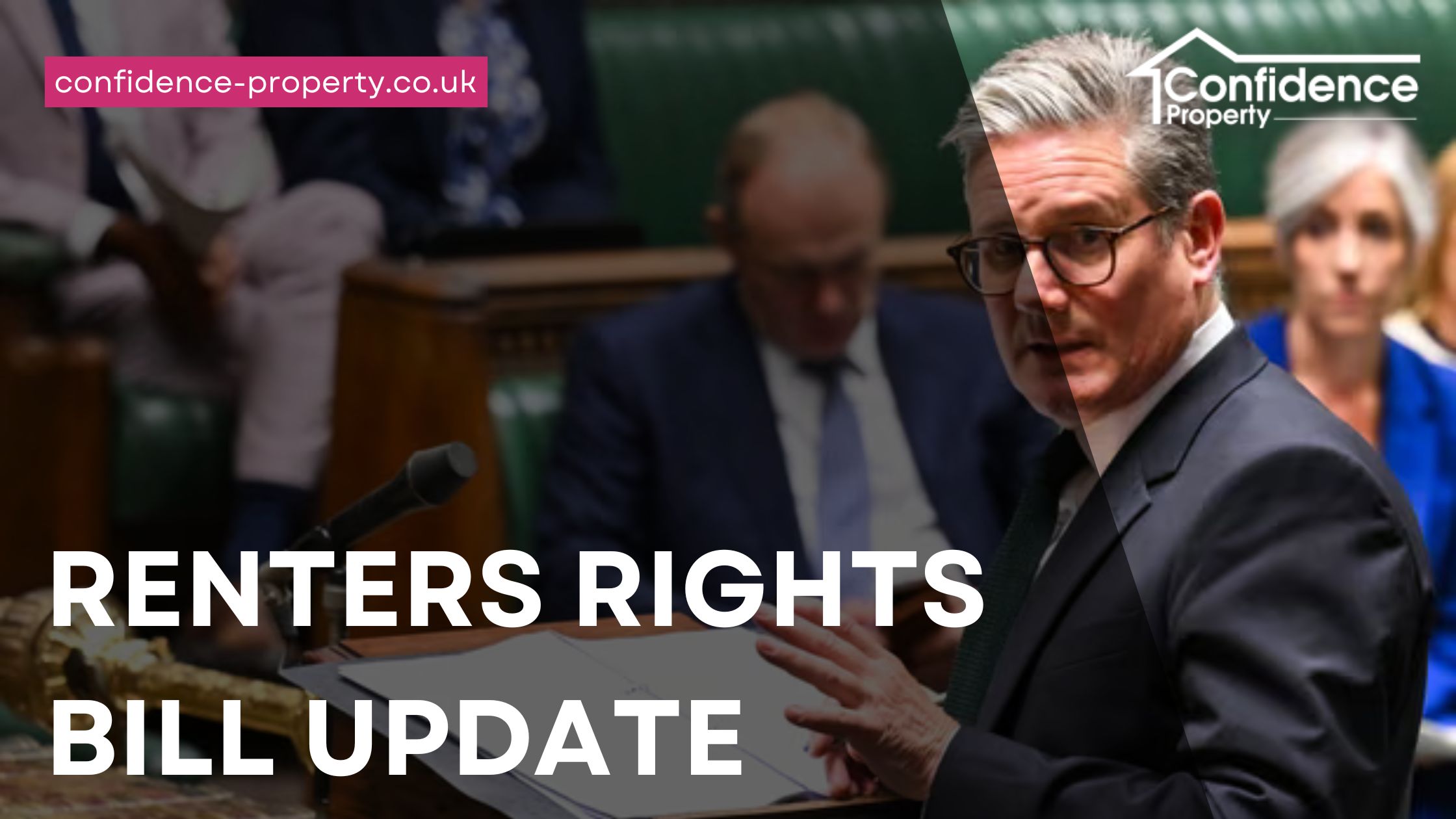The Renters’ Rights Bill, which had its first reading in the House of Commons in September 2024, introduces significant changes to the UK’s private rented sector. For landlords, especially those managing HMOs in Manchester, understanding these updates is essential. The Bill, driven by Labour’s faster and more extensive reform agenda, includes critical measures that differ from previous Conservative proposals. This article breaks down the key changes and what they mean for landlords.
Key New Changes in Labour’s Renters’ Rights Bill
- Immediate abolition of Section 21 for both new and existing tenancies
- Arrears threshold increase from 2 to 3 months
- Expansion of Awaab’s Law to the private rented sector
- Ban on bidding wars
- Further restrictions on rent increases
1. Immediate Abolition of Section 21 Evictions
One of the most notable changes in the Renters’ Rights Bill is the immediate abolition of Section 21, which allows landlords to evict tenants without providing a reason. Under the new law, landlords will need a legal reason, such as selling the property or tenant misconduct, to end a tenancy. This contrasts with the Conservative plan, which aimed to abolish Section 21 only after court reforms.
For HMO landlords in Manchester, this change may require a more thorough tenant screening process, as tenant security is increased. Concerns remain about whether the court system will be able to handle the anticipated rise in possession claims.
2. Arrears Threshold Increase From 2 to 3 Months
A significant update is the increase in the rent arrears eviction threshold from 2 to 3 months, meaning landlords will need to wait longer before serving a possession notice. Additionally, the notice period will extend from 2 to 4 weeks. In practice, these changes could add up to 1.5 months to an already lengthy possession process, which currently averages between 6 and 12 months. However, landlords retain the ability to pursue eviction under discretionary grounds if rent is consistently late.
3. New Safety Standards and Awaab’s Law
Labour’s Renters’ Rights Bill expands Awaab’s Law, originally introduced to protect social housing tenants, to the private rental sector. Landlords must now address serious hazards, such as damp and mould, within a specified timeframe. This law ensures that rental properties meet basic safety and habitability standards, with penalties for non-compliance.
HMO landlords managing older properties in Manchester should ensure regular inspections and maintenance to meet these requirements, avoiding potential legal issues and fines.
4. Ban on Bidding Wars
The Renters’ Rights Bill bans rental bidding wars, a practice where prospective tenants offer above the asking price to secure a property. The Bill mandates that landlords and letting agents publish a fixed asking rent and prohibits offers above this amount.
5. Restrictions on Rent Increases
The Renters’ Rights Bill introduces tighter controls on rent increases, banning in-tenancy rent review clauses. Landlords are limited to raising rents once per year, in line with the market rate, and tenants can challenge excessive increases through the First-Tier Tribunal.
This will likely impact rent-setting strategies for HMO landlords, who will need to ensure rent increases are reasonable and justifiable. Tenants now have more power to contest unfair rent hikes, adding another layer of complexity to managing rental properties.
What’s Next for the Renters’ Rights Bill?
The second reading will take place on 12th September, and then the remainder of the parliamentary process in both the House of Commons and the House of Lords, and will follow over the coming months. There is cross party support for reform in the rented sector, and as the Bill appears to largely mirror the previous Renters’ (Reform) Bill, it is almost certain that the Bill will eventually pass and become law before the summer of 2025.
For HMO landlords in Manchester, the Bill’s changes will require a shift in how properties are managed, especially with the abolition of Section 21 and the introduction of stricter rent controls and safety standards.
Managing these new regulations can be complex, but at Confidence Property we are here to help. Our expertise in HMO property management ensures that your properties stay compliant with all legal standards while maximising profitability.







